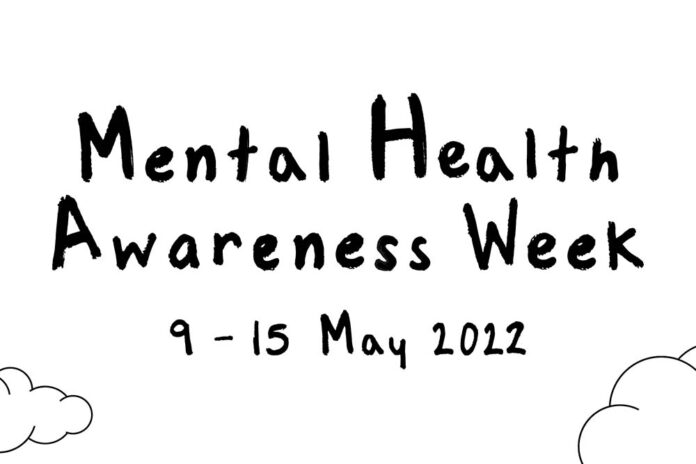
I should be dead right now. That I am not is down to fate and a lack of knowledge about my local railway. I’ll come back to that.*
Like so many in the rail industry, I have been diagnosed with a mental health condition. Depression, to be precise. That bombshell was given to me by a doctor on November 1 2018 – it’s a date etched on my brain.
Prior to that I wasn’t a big follower of mental health. While not dismissive, I felt it was often used as an excuse. I am even ashamed to say that I dealt with someone in the past who told me they were in a ‘dark place’ by suggesting they ‘turn on a light’. What a callous thing to say!
Mental Health is the biggest killer of men under 45, but it is so much more than just suicide. It affects you. It affects everything you do. Work, rest, play. Everything. You don’t want to do things. You don’t want to go out. You don’t want to stay at home. You want to be alone, but you don’t want to be lonely. You don’t want to be a burden to people, but you want them near you.
You look for solace, you look for normality. It’s not there. And so you look for answers. Obviously you’re worthless, nobody loves you. Nobody rates you. You’re rubbish at your job. Well, you hate your job. You hate the people around you. You hate your family.
When you do venture out, perhaps you’ve showered, perhaps not. But it’s great. You’re out there. But something happens and you’re back to square one.
But you carry on. Your performance isn’t there though. Yet you don’t feel suicidal. This is where, I feel, the message is being lost and needs improving.
Suicide is the last resort. If you have reached that point, I would argue you have been failed. It’s not your fault. Do not believe the suggestions that you’re selfish, you’re not.
Mental health affects people in different ways. It makes your head foggy. It prevents you working at 100 per cent, it affects your communication ability, not in speech but in confidence, it makes you question if you have done things right. This can have a tremendous impact on the task you are trying to do. In business that can be detrimental. But, until recently, people were not encouraged to talk, to speak out. That is scandalous. People need to talk.
Talking helped me. I’m on Twitter (@Clinnick1) and I am open about my struggles. I wasn’t always meant to be, but I am. And continue to be. And I will support anyone who needs that help. Because that is what is needed.
I’ve been through the medication and treatment and have come out the other side. Am I better? Yes and no. Yes I am in such a better place, but no because it never leaves you. But what you can do is learn to manage it and recognise the triggers. Do that, and it’s the best feeling in the world.
And that is why I passionately believe in not only Mental Health Awareness Week but what we at Rail Business Daily are doing to support this.
Make no mistake, this is not a ‘box-tick’ ‘nice thing to do’ exercise. We at RBD have been affected by the stigma of Mental Health and its very worst consequences on a personal and team level. That is why we want to champion the support that is out there. We know the pain and struggles people are going through. We know the suffering it causes to families and to friends and colleagues.
So, please, read our content over the next few days, and we will continue to populate the website with articles and tools that we believe can really help people.
Remember, it’s okay not to be okay
*Oh, the lack of railway knowledge. So, in December 2018 I was Christmas shopping. Left it to the Friday before as usual. But this was after my first diagnosis, and I was out on my own in Norwich. It got to me. The crowds got to me, as did the pressure to get the right presents. I ‘blanked out’ effectively. I walked out in front of a taxi. Deliberately. That didn’t work. But I was in a zone, something I had been told happens. I walked to my car and decided to drive to a level crossing I knew. I drove badly as I just didn’t care. But I got stuck in traffic – I joke now that I am the first person to ever benefit from the constant roadworks in the city. By the time I was on the road where the crossing was, my mood had changed. I was now just sad, but not enough to end it all. And the level crossing? I’d forgotten it had been replaced by a bridge! Just about sums it up.
Richard Clinnick is the editor of Inside Track







































 0113 2082620
0113 2082620 info@railbusinessdaily.com
info@railbusinessdaily.com 15 Mariner Court, Wakefield WF4 3FL
15 Mariner Court, Wakefield WF4 3FL

